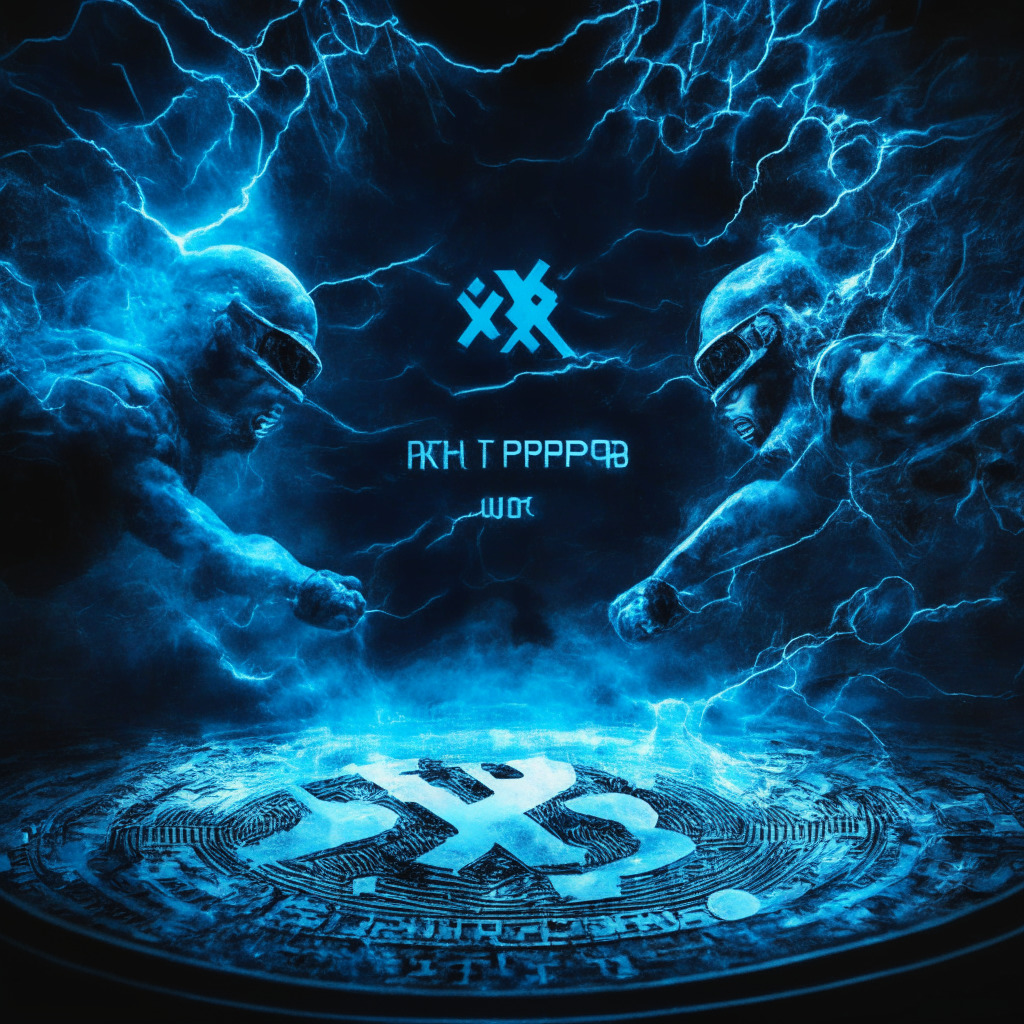In a decisive move to ensure adherence to industry standards, the Virtual Assets Regulatory Authority (VARA) of Dubai has penalized the cofounders of the ill-fated 3AC with a staggering fine of $2.7 million. The penalty targets their new venture, the cryptocurrency exchange, OPNX.
Co-founded by Kyle Davies and Su Zhu, the architects behind the now-insolvent hedge fund Three Arrows Capital (3AC), OPNX is yet to pay the substantial fine, a direct product of a market offense in May. The exchange allows users to trade claims of bankrupt cryptocurrency companies, harnessing the power of the FLEX token, the backing component of CoinFLEX.
Emphasizing the necessity of upholding the regulatory norms, VARA did not hesitate to implement individual fines of AED200K ($54,451) each on Zhu, Davies, and two other founders. Their offense? Failing to maintain stringent marketing standards in alignment with the regulatory benchmarks. Graciously, these individuals complied and fully paid their fines.
There’s however an underlying seriousness to this scenario that community members can’t ignore. Absolution from the hefty fine isn’t merely about settling a debt; it’s about respecting defined frameworks and improving the overall health of the crypto market. The VARA’s assertion, declaiming consequential actions against OPNX – including possible further penalties – if the fine remains unpaid, underscores this. The ongoing scrutiny of OPNX activity reveals the regulator’s definite intent to curb any unapproved actions.
Could this, one might wonder, be a manifestation of the country’s broader goal to steer clear of the Financial Action Task Force’s infamous “gray list”? This list represents jurisdictions failing to recover illicit funds adequately. In their unwavering pursuit of regulatory compliance and market fairness, VARA is showing an unabashed determination to set a new standard.
The action against OPNX, according to a Bloomberg report, emerges as VARA’s largest publicised fine in its brief history. The narrative being written raises questions about the future dynamics within the crypto ecosystem, regulating authorities, and the responsibility of establishments. This case should certainly stimulate thought, if not incite debates, about how the crypto-verse should navigate the regulatory landscape. It lays bare the contentious yet immensely consequential correlation between market justice and progressive regulation.
Source: Cryptonews




